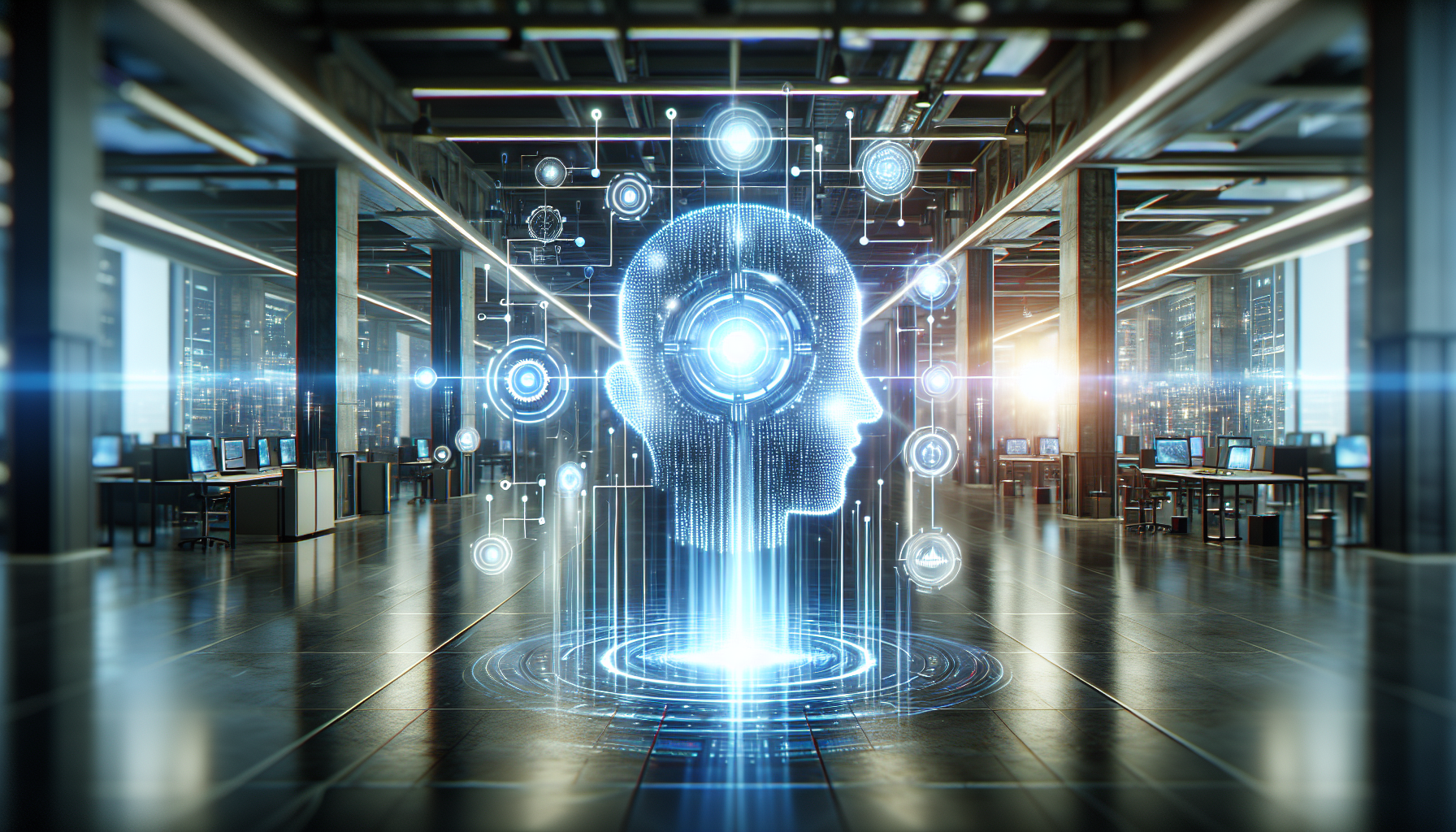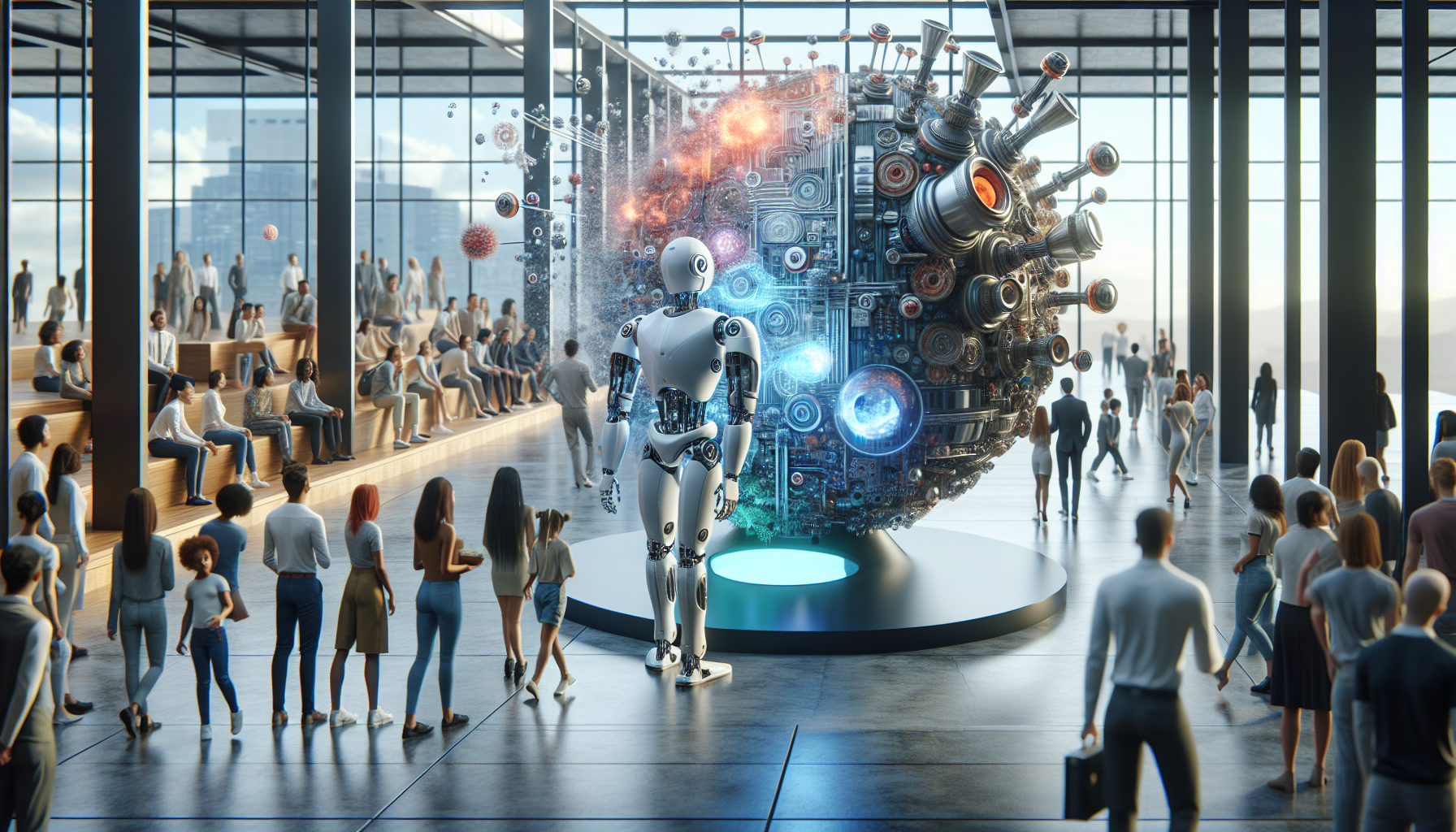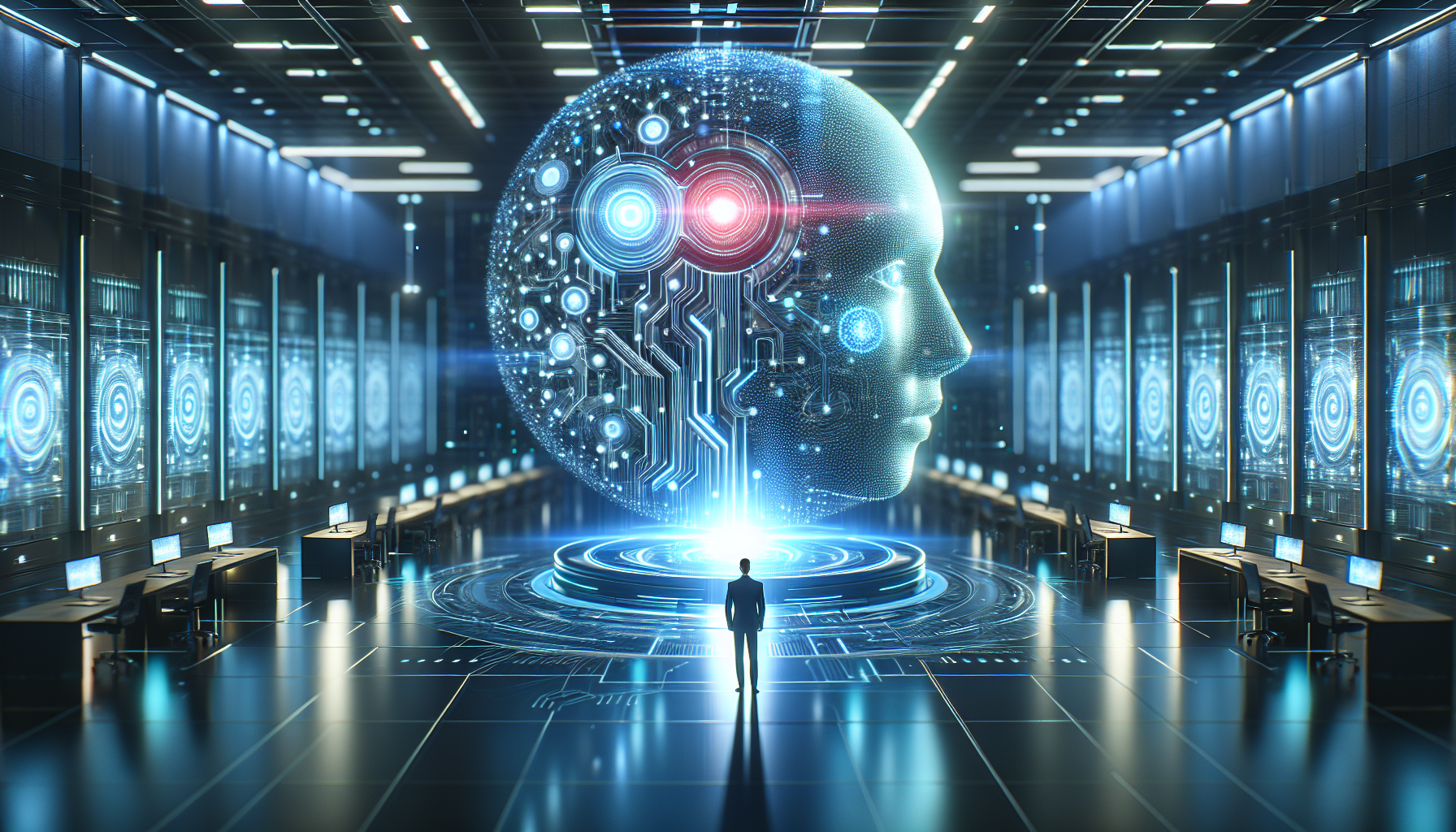
The Economic Impact of AI: Projections for Growth and Workforce Displacement
June 20, 2025
Artificial Intelligence (AI) is poised to redefine the global economic landscape, a transformation that is as promising as it is daunting. With its ability to automate tasks, enhance productivity, and generate new business models, AI is not just a technological innovation but a powerful economic catalyst. However, alongside the opportunities it presents, there are profound implications for the workforce that require careful consideration.
In assessing the future economic impact of AI, one must navigate the dual narrative of growth and displacement. On one hand, AI is anticipated to significantly contribute to the global economy by driving efficiency and innovation. Sectors such as healthcare, finance, manufacturing, and logistics are already witnessing AI's transformative effects. In healthcare, for instance, AI-enabled diagnostic tools are improving accuracy and speed, while in manufacturing, AI-driven automation is streamlining operations and reducing costs.
Moreover, AI is expected to create new markets and industries, much like the digital revolution did. The development of AI technologies is likely to spur demand for AI specialists, data scientists, and cybersecurity experts, among other roles. This potential for job creation, however, is tempered by the reality of job displacement, particularly in industries heavily reliant on routine, manual tasks.
One of the more nuanced aspects of AI's economic impact is its effect on productivity. Unlike previous technological advancements, AI has the potential to enhance productivity not by merely replacing human labor but by augmenting it. AI applications can perform tasks with a precision and speed unattainable by humans, allowing workers to focus on higher-order tasks that require creativity and complex problem-solving. This shift could lead to an era where productivity gains are not synonymous with job losses, but rather with job transformation and enrichment.
However, the transition to an AI-driven economy will not be uniform across regions or industries. Countries with robust digital infrastructures and education systems are likely to benefit more from AI advancements. Conversely, regions that lag in these areas may face more significant challenges, exacerbating existing economic disparities. Policymakers will need to address these disparities by investing in education and retraining programs to equip the workforce with the necessary skills to thrive in an AI-integrated economy.
Additionally, AI's impact on the economy raises important ethical and regulatory considerations. The concentration of AI technologies within a few dominant tech companies could stifle competition and innovation, potentially leading to monopolistic practices. Furthermore, the automation of jobs poses questions about income distribution and the potential widening of the wealth gap. Governments and businesses alike must navigate these issues by fostering an inclusive approach to AI development, ensuring that its benefits are shared broadly across society.
While the displacement of certain job categories seems inevitable, the narrative is not solely one of loss. Historical precedents, such as the Industrial Revolution, illustrate that technological progress often leads to the creation of new roles and industries that were previously unimaginable. The challenge lies in managing the transition, ensuring that economies and labor forces adapt to the shifting demands of an AI-driven world.
As AI continues to evolve, it invites us to rethink the nature of work itself. What roles are uniquely human? How can AI be leveraged to enhance our capabilities rather than diminish our value? These questions are not merely academic; they are critical to shaping a future where AI serves as a tool for empowerment rather than obsolescence.
In contemplating the economic impact of AI, one must recognize that its influence extends beyond the confines of economics. It challenges societal norms, compels regulatory reform, and demands a reevaluation of ethical frameworks. As we stand on the cusp of this transformation, the path forward will require collaborative efforts from governments, businesses, and individuals to harness AI's potential while mitigating its risks.
Ultimately, the story of AI's economic impact is still being written. It is a narrative filled with promise and peril, offering opportunities to redefine prosperity and progress. The extent to which we succeed in leveraging AI for economic growth while minimizing workforce displacement will depend on our ability to innovate responsibly and inclusively. As we explore this uncharted territory, we are prompted to ask not only what AI can do for us, but what we can do to shape the future it promises.


